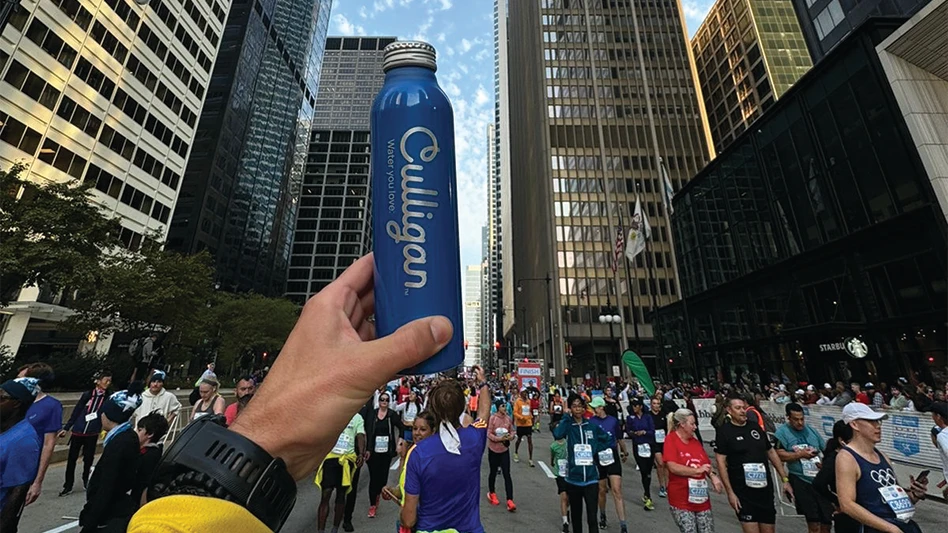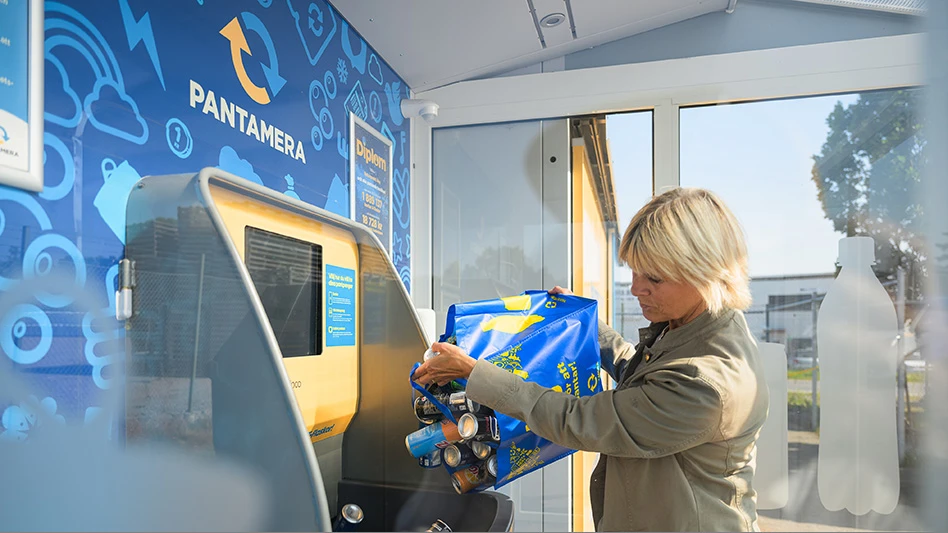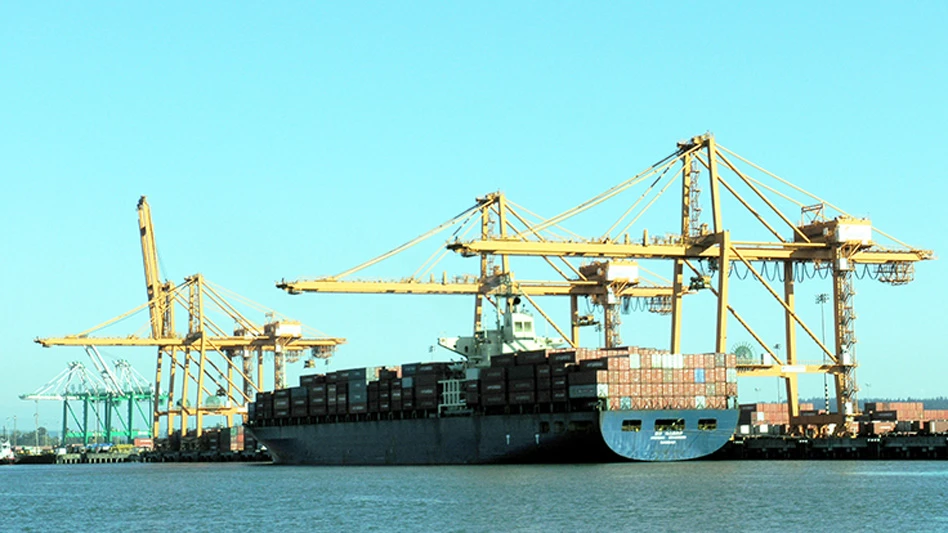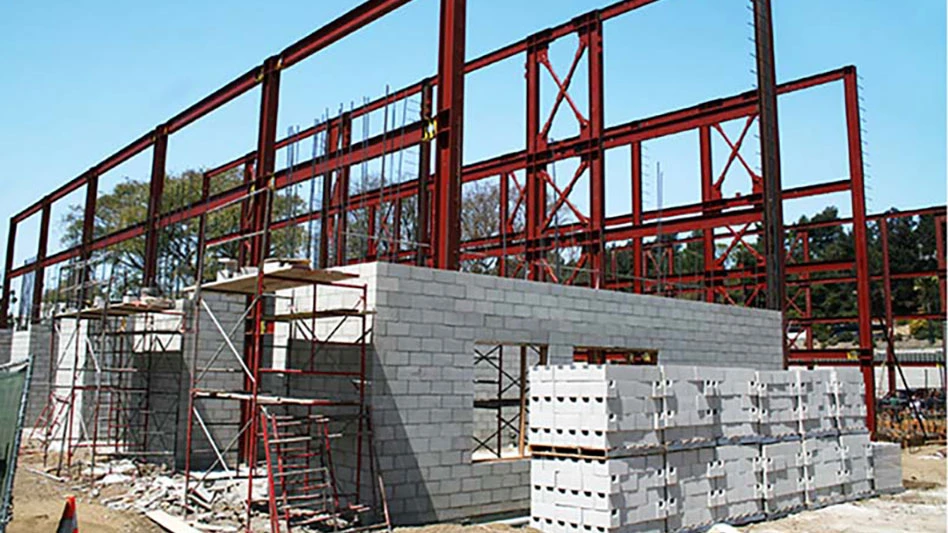Post-industrial generation of plastic scrap is experiencing a more pronounced slowdown this summer relative to previous years, with contacts citing the slower U.S. economy as the key factor.
A reprocessor based in the Great Lakes region says post-industrial generation has been waning since October of 2007, noting a decline in the range of 10 percent to 20 percent. While he says he expects to see production ramp-up with the arrival of fall, he expects generation to remain lower than is customary.
"Post-industrial scrap generation seems to be decreasing slightly, which could be a reflection of the current state of the U.S. economy," a recycler based in the Midwest says. "Contrarily, post-consumer scrap generation seems to be on the rise." He adds, "This is probably an anomaly where there is actually less material being purchased but, due to the green movement, consumers are recycling more."
This recycler expresses concerns about the effects a possible expansion of Iowa’s bottle bill to include water bottles, juice bottles and other single-serve beverage containers could have on recovered plastics. While the bill did not make it to debate in the state legislature during the last session, if it becomes an issue in the next legislative session, he says he fears the potential effect on PET (polyethylene terephthalate) and commingled plastic bales. "This would most likely devalue the commingled plastic by removing much of the PET from the bales and in turn would hurt the value of deposit PET bales, as the thicker and barrier-laden juice bottles would need to be sorted out from the rest of the materials," he says.
Prices for secondary plastics in general have been increasing in light of the tighter supply, according to sources, with demand coming from domestic as well as from offshore consumers.
The Midwest recycler notes that domestic demand for HDPE (high density polyethylene) is extremely strong. "HDPE prices for both fractional melt and injection grade are extremely high right now," he says. "We are currently seeing prices for HDPE natural bales around 42 cents per pound picked up and 30 cents to 32 cents per pound for mixed-color bales."
Escalating prices for virgin plastics are also helping to boost demand for secondary plastics. "Demand is up for recycled materials," a second reprocessor based in the Great Lakes region says. "Virgin raw material pricing is continuing to rise, thus creating a greater demand for recycled materials." He adds, "Recycled PP (polypropylene), PE (polyethylene), TPE (thermoplastic elastomer), TPO (thermal plastic olefin), PC/ABS (polycarbonate/acrylonitrile butadiene styrene) and ABS are all seeing price increases and demand increases due to the virgin price increases." Many of these plastics are used in manufacturing automotive components, a sector that has been experiencing a difficult year.
Dearborn, Mich.-based Plastech Engineered Products Inc., an automotive supplier of interior, exterior and under-hood components, and Marysville, Mich.-based Blue Water Automotive Systems Inc., a maker of engineered thermoplastic auto parts, are among the automotive suppliers that have filed for bankruptcy protection this year.
Automakers are moving tooling equipment from these shops, which has led the companies to manufacture extra parts in anticipation of downtime related to the equipment relocation, the Great Lakes-based reprocessor says.
Sponsored Content
Labor that Works
With 25 years of experience, Leadpoint delivers cost-effective workforce solutions tailored to your needs. We handle the recruiting, hiring, training, and onboarding to deliver stable, productive, and safety-focused teams. Our commitment to safety and quality ensures peace of mind with a reliable workforce that helps you achieve your goals.
Get curated news on YOUR industry.
Enter your email to receive our newsletters.

Explore the October 2008 Issue
Check out more from this issue and find your next story to read.
Latest from Recycling Today
- CP Group announces new senior vice president
- APR publishes Design Guide in French
- AmSty recorded first sales of PolyRenew Styrene in 2024
- PRE says EU’s plastic recycling industry at a breaking point
- Call2Recycle Canada, Staples Professional expand partnership
- Circular Services breaks ground on north Texas MRF
- Tariff uncertainty results in choppy nonferrous scrap flows
- CATL, Ellen MacArthur Foundation establish battery partnership








